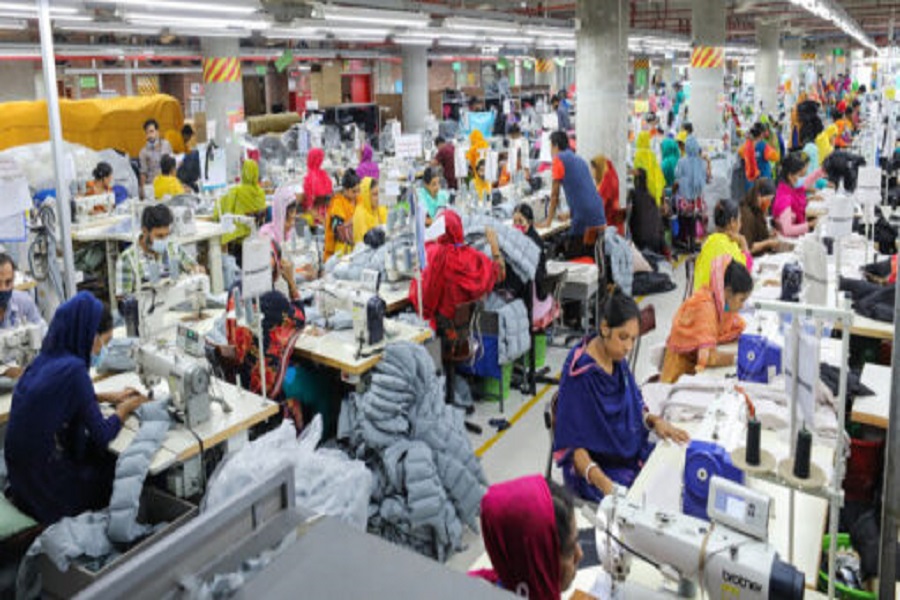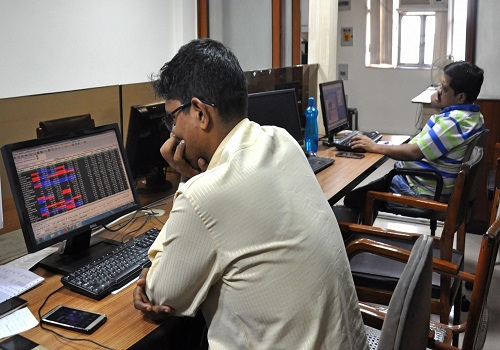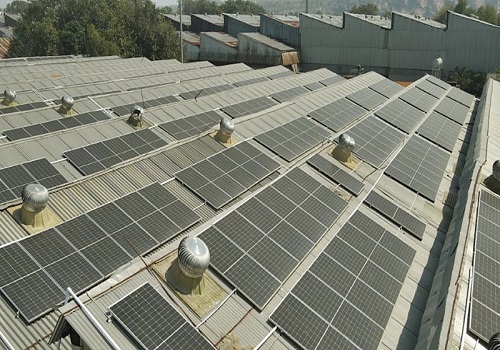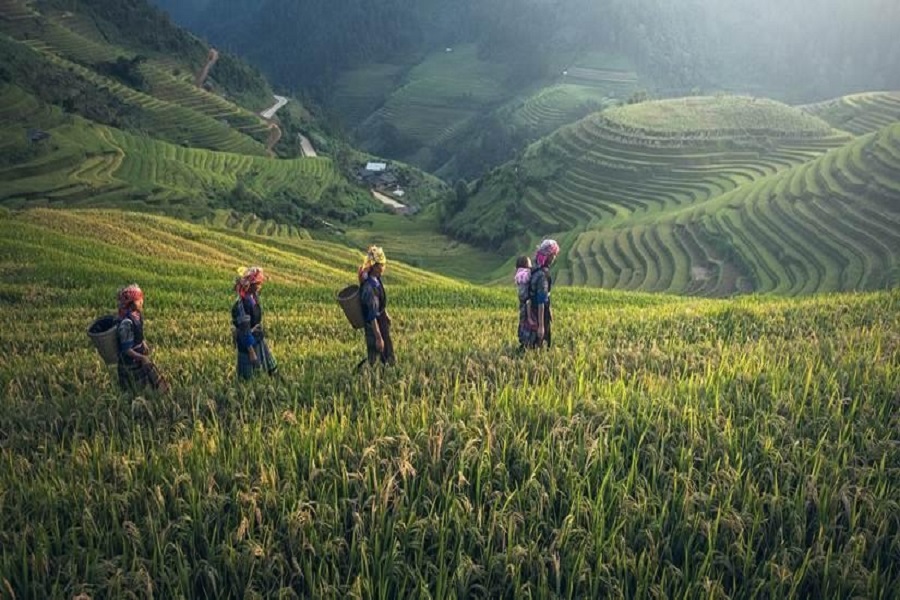Centre notifies new norms for import of live seaweeds into country

Follow us Now on Telegram ! Get daily 10 - 12 important updates on Business, Finance and Investment. Join our Telegram Channel
To bolster the development of seaweed enterprises as a key economic driver for coastal villages, the government on Friday notified new guidelines for the import of live seaweeds into the country.
In a notification, the Ministry of Fisheries, Animal Husbandry and Dairying said the guidelines will facilitate the import of high-quality seed materials or germplasm from abroad, enabling domestic multiplication for ensuring farmers have access to quality seed stock.
Currently, the growth of seaweed enterprises in India faces the challenge of seed availability in sufficient quantity for the commercially valuable species, and quality degradation in the seed materials of ‘Kappaphycus’, the most commonly farmed seaweed species.
According to new guidelines, for the import of live seaweed into India, the importers may submit a detailed application to the Department of Fisheries, which will be reviewed by the National Committee on Introduction of Exotic Aquatic Species into Indian Waters. Once approved, the department will issue an import permit within four weeks, facilitating the import of high-quality seaweed germplasm, said the ministry.
"The initiative aims to ensure livelihood sustainability and socio-economic upliftment of the fisher community, while upholding environmental protection and biosecurity concerns at the core of all actions," said the ministry.
The Pradhan Mantri Matsya Sampada Yoiana (PMMSY) aims to revolutionise the seaweed sector, aiming to increase seaweed production in the country by over 1.12 million tonnes by 2025. Under the scheme, the government has established a ‘Multipurpose Seaweed Park’ in Tamil Nadu with a total investment of Rs 127.7 crore. According to the ministry, the new norms outline a clear regulatory framework for the import of live seaweed, ensuring transparency and accountability, strict quarantine procedures to prevent the introduction of pests and diseases, risk assessment to identify potential biosecurity concerns and post-import monitoring for strengthening ongoing monitoring and risk assessment.
The import of new seaweed strains will also pave the way for the development of downstream seaweed processing and value-addition enterprises, which will yield additional livelihoods in the villages while bolstering the overall export of the country.























